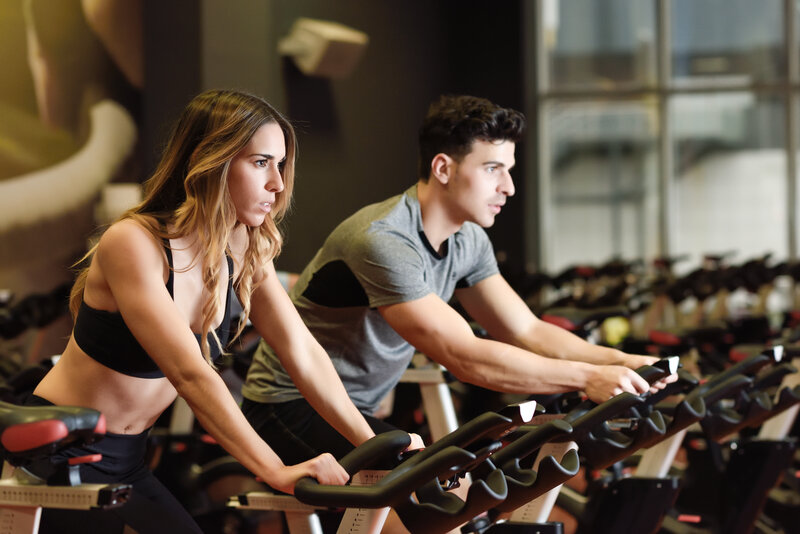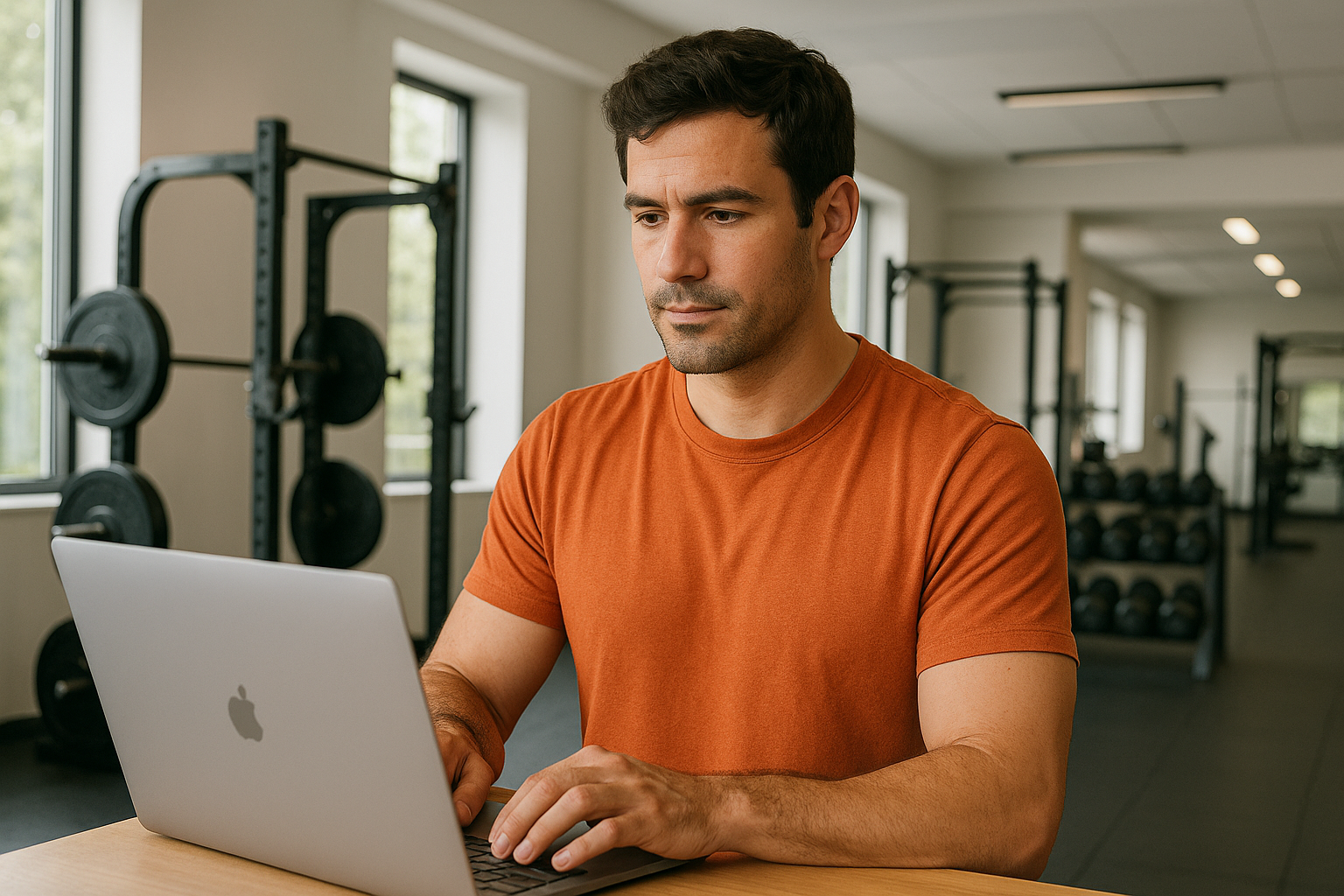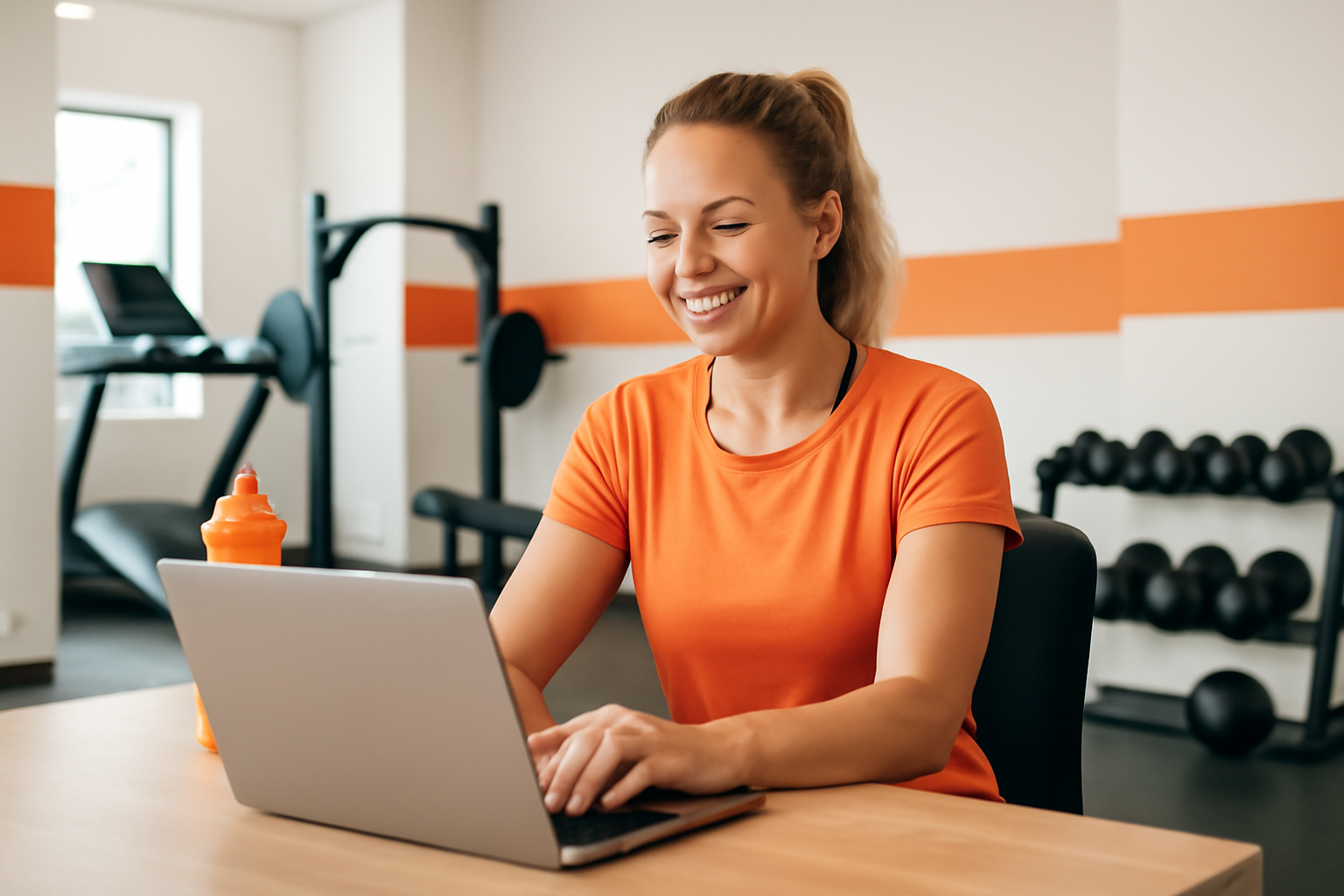People looking to start their fitness business have to make many difficult decisions: the name of your club, your location, your target audience, business model…and one more very practical question: should I be buying or leasing fitness equipment?
That’s a tough decision. Both have their pros and cons, and making the right decision depends on several factors.
What should you consider when making the financial decision between buying and leasing your gym equipment for fitness ? You will read all about it in this blog!
Get your must-have fitness equipment
Before deciding whether to buy or rent, you need to determine what equipment you need. What is must-have fitness equipment for your gym? To find out, you need to consider your target audience.
Which age group are you targeting? What kind of fitness machines do you need for the kind of training plans you make for your clients? Are you looking to offer a high-end luxury experience, or are you filling a more budget-conscious niche?
Discover more: 9 essential pieces of gym equipment for all age groups in your fitness studio
While some basic items such as training bench, weights, and treadmills are must-have fitness equipment for any gym, knowing your target audience will allow you to adjust your purchasing decisions to your clients’ demand and thus, optimize the rate of machine use.
For example, if you are targeting an older demographic in a more affluent area, you might focus on more cardio machines and consider leasing top-of-the-line equipment that you can renew to stay current.
Is your focus on groups training, such as spinning lessons? You might consider buying instead, as the upfront investment will pay itself back, and you can start turning more profit on your classes after your gym bikes are paid off.
What to Consider When Leasing or Buying Fitness Equipment?
Let’s take a look at the main factors you should consider when it comes to purchasing or renting fitness equipment.
1. Overall Cost
Buying: Buying fitness equipment is a wise long-term investment. Especially, buying new fitness equipment will last you a lot longer with the proper care.
Of course, the initial investment is significantly higher for buying machines for your gym but in the long term, it is more cost-effective than leasing. The same goes for the choice between buying new or second-hand equipment. While the upfront costs for used fitness equipment may be lower, new has its perks. Newly bought fitness equipment, for example, comes with a warranty in case of damage or defects.
Finally - whether you bought your new fitness equipment outright, or took out a loan for fitness equipment financing - you are the owner of the machines. This means barring any cost for upkeep, the fitness equipment doesn’t cost you anything anymore.
And when the time comes to upgrade your fitness equipment, you can sell them off and reinvest the money in upgraded fitness equipment.
Leasing: While leasing fitness equipment requires a lower upfront investment, it’s usually more expensive in the long run, and you don’t gain ownership of the machines in your gym - no matter how long you pay for them. However, that doesn’t mean there aren’t any upsides to renting.
Leasing gym equipment allows you to obtain state-of-the-art machines that always meet current trends. And without having to worry about the logistics of maintaining it or the costs associated with the wear and tear of the machines over time.
When you buy, you have to consider the life cycle of the machines you are purchasing and their declining worth. Leasing allows you to exchange the equipment when it is broken, outdated, or unused.
2. Taxation
Buying: With the recent change in tax laws, small businesses are now eligible for enhanced tax deductions when purchasing new equipment. As of 2023, the Section 179 tax deduction allows companies to deduct up to $1.08 million in equipment expenses, with a spending cap of $2.7 million, for the tax year in which the equipment was purchased. This enables businesses to deduct the full price of depreciating equipment all at once, rather than incrementally.
Leasing: In 2023, there are also notable tax advantages for leasing fitness equipment. Business owners can deduct lease payments on their taxes, and the specifics of these benefits depend on the lease’s structure. For capital leases like Equipment Financing Agreements or leases with a $1 buy-out option, businesses can claim depreciation over the equipment’s useful life. For operating leases, businesses can’t claim depreciation but can write off lease payments as rental expenses. Furthermore, under Section 179, 100% of the equipment cost may be deductible in the tax year it’s acquired, with an expense limit up to $1.16 million for equipment acquired in 2023.
Always check your local laws for subsidy and tax options when considering fitness equipment financing!
3. Benefits of both buying and leasing fitness equipment
Buying: Having your own machines and gear is a great asset to your brand identity. Indeed, it allows you to choose the colors and personalize the equipment for your brand - this greatly helps the overall look and feel of your gym. Especially if you are targeting a more high-end target segment, having a complete brand experience - from your own app to your fitness equipment- is essential.
Leasing: The main advantage of renting is that you can change your equipment every few years. This way, it is easy for you to adapt to changing consumer trends and stay ahead of your competitors in terms of innovation. Thus, you won’t have trouble retaining your customers and attracting new ones.
Bonus: renting out your fitness equipment to your clients! Are you dealing with clients that are either reluctant to return to your gym, or whose circumstances have changed that they can’t make the commute to your facility anymore?
Lease your unused fitness equipment it to your clients as a high-end add-on to your hybrid business model - this way you add even more value to your subscriptions. Combined with an all-in-one fitness software and custom made app you can provide your clients a complete fitness experience at home.
Bottom line
There is no one-size-fits-all solution when it comes to the question of fitness equipment financing. The buying and leasing of fitness equipment both have advantages and drawbacks. Finally, the best solution for you depends not only on your brand and target audience, but also on your liquidity and long-term strategy.
Either way, a gym needs equipment. And fitness entrepreneurs need Virtuagym! Discover what our all-in-one software can do for you today and book your free demo.




